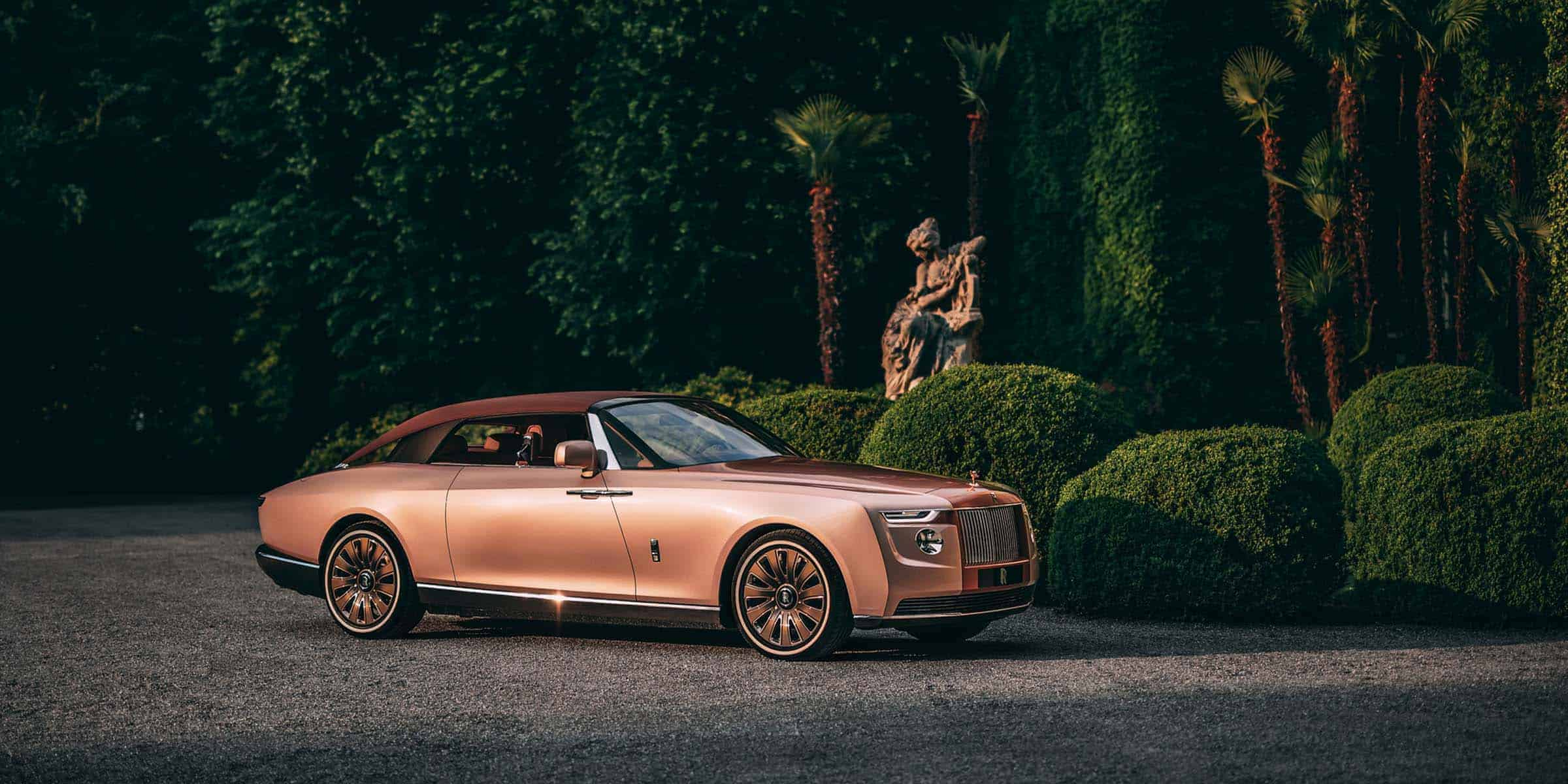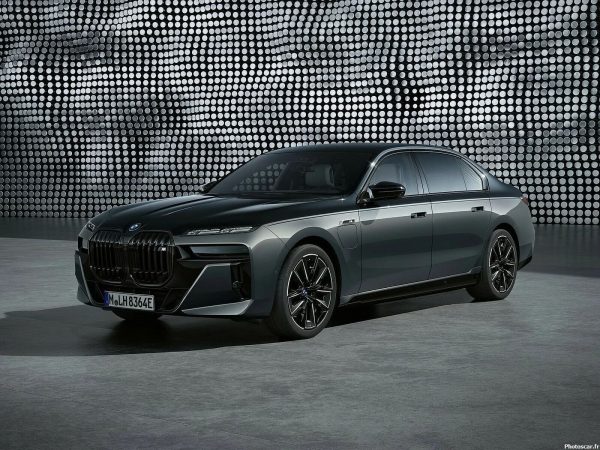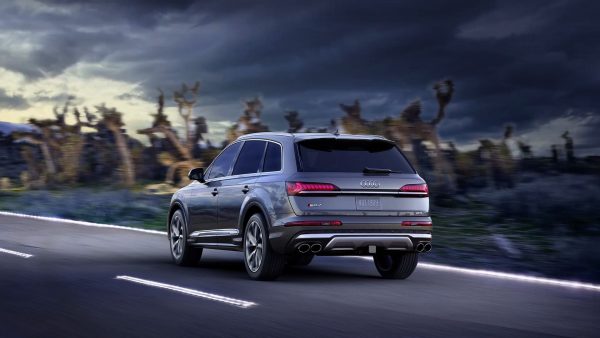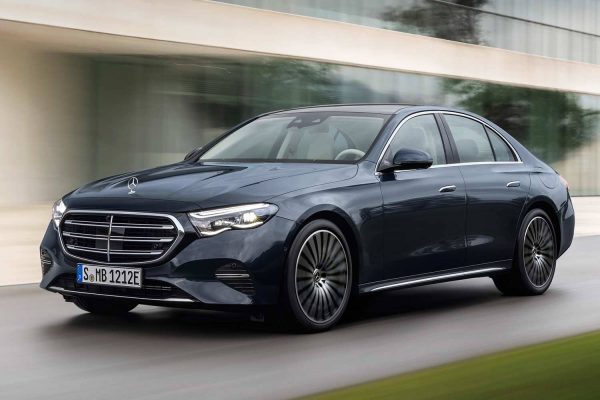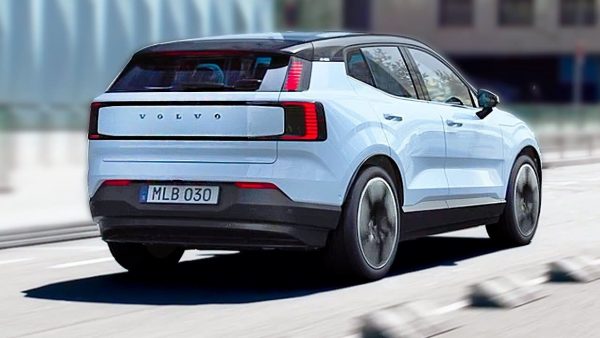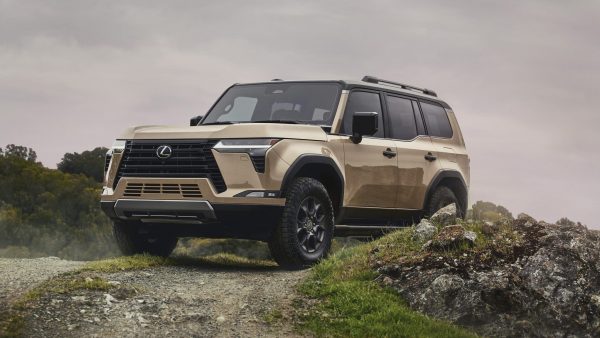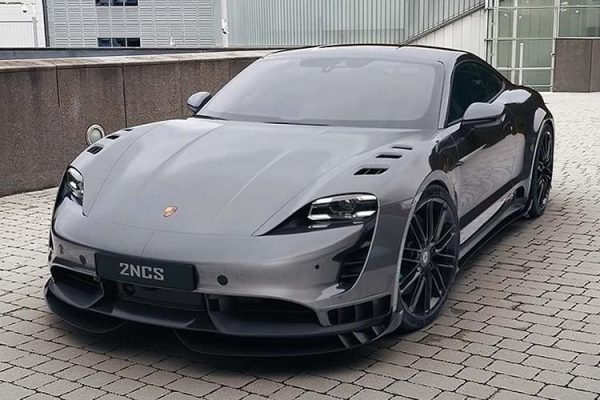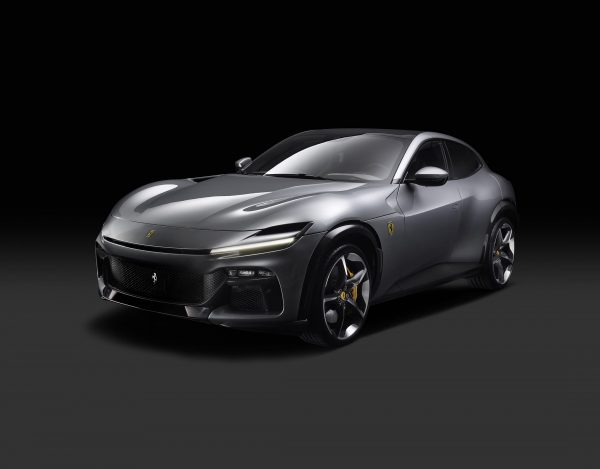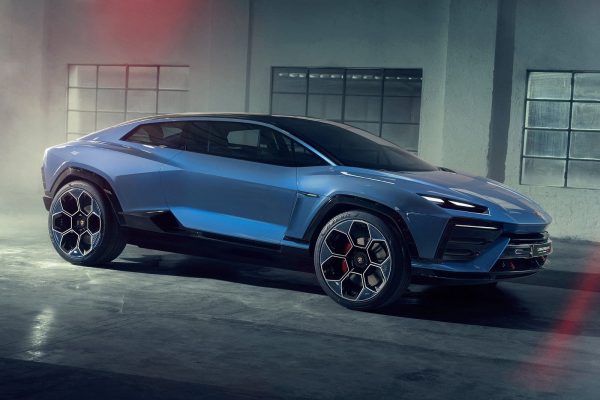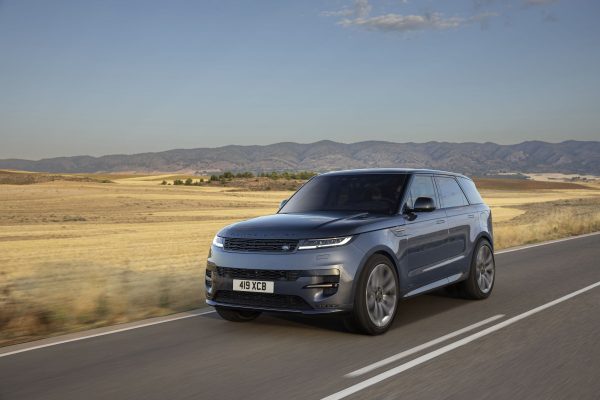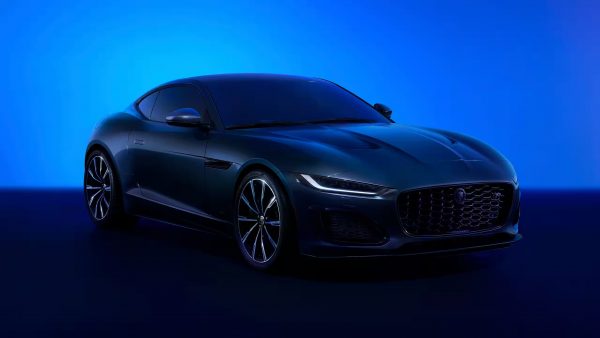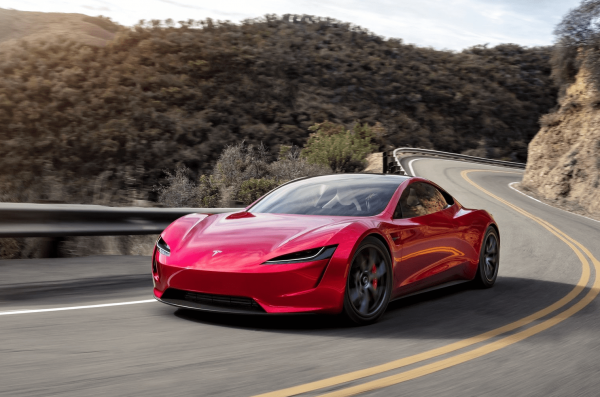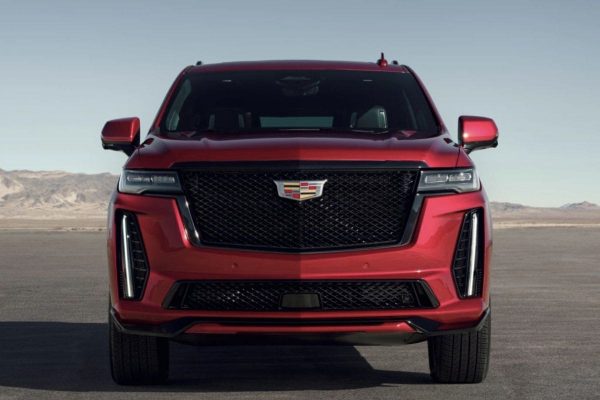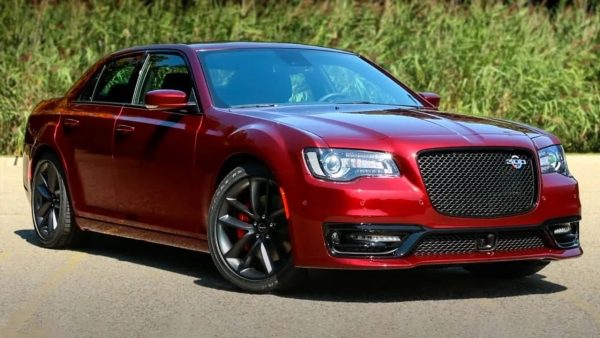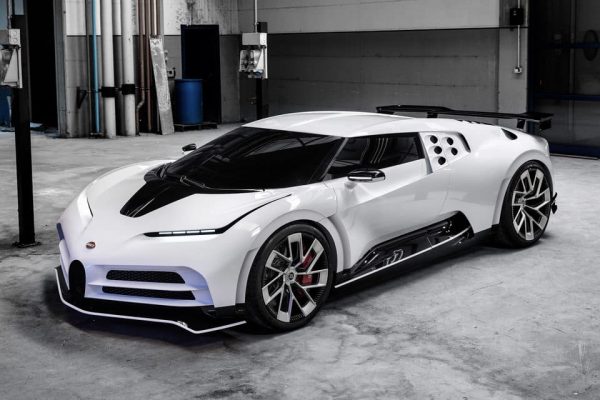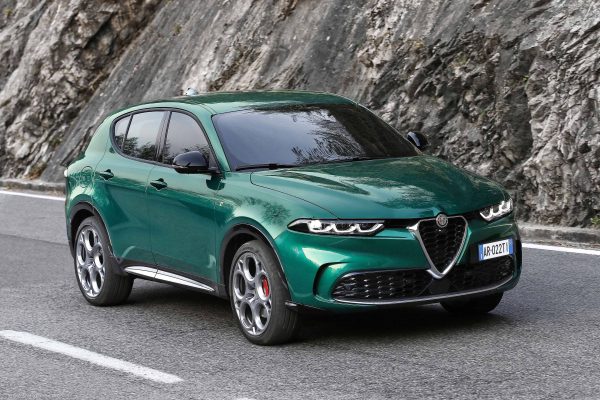The virtual buzz surrounding the globe’s premier luxury auto brands serves as a trustworthy harbinger of forthcoming sales, as well as a snapshot of the trends molding the international car market. However, unveiling new cars is a never-ending quest for flawlessness. Even for cars that build upon previous versions, this process demands exhaustive research, engineering, and trials. For emerging luxury electric vehicles, ongoing innovation isn’t just an option; it’s a must. This has to be balanced with unparalleled comfort, superior driving performance, and unique features that distinguish them from the competition.
As global awareness rises concerning ecological sustainability, consumers are increasingly clamoring for revolutionary alternatives. The sprint toward greener technology and sustainable living is well underway, with luxury electric vehicles (EVs) spearheading this movement. The majority of upscale auto brands have made substantial strides toward the complete electrification of their fleets, and some even have set their sights on carbon-neutral manufacturing goals.
When it comes to the ever-evolving landscape of luxury, the automotive sector is considerably more fluid than the realms of high-end fashion, premium timepieces, and opulent jewelry. The changes compared to the previous year are radical. European manufacturers, including the likes of BMW, Audi, Mercedes-Benz, and Porsche, continue to seize the lion’s share of online interest, accounting for over 60% of total searches. Volvo persists in maintaining its high ranking, marking Sweden’s solitary presence on the chart. Japan’s solitary contender is Lexus, the luxury arm of Toyota, which has climbed a couple of ranks. The Italian automotive scene witnessed a noteworthy reordering, with Ferrari overtaking Lamborghini for the first time in our ranking, and Alfa Romeo ascending to rub shoulders with these iconic brands. The UK’s car industry remains robust with Land Rover and Jaguar advancing upwards, while France’s Bugatti stays put. The U.S. tosses in a curveball by introducing Chrysler, which now sits alongside Cadillac. Tesla has plummeted sharply, revealing the fiercely competitive nature of the electric vehicle market, aggravated by some Twitter-driven controversies. Interestingly, Rolls-Royce has disappeared from our list, but the anticipated release of the electric Rolls-Royce Spectre could alter the landscape next year.
If you thought you knew all about the leading automotive brands, it’s time to recalibrate. This feature aims to keep you abreast of the luxury auto brands that are set to shape the future.
This marks the third consecutive year we’ve employed our rigorous digital popularity metrics to the automotive domain. The effectiveness of our methodology has been clearly demonstrated through our up-to-date ranking of the internet’s favorite luxury auto brands.
BMW
After a temporary slide down the rankings last year, BMW is back in fighting form, rejuvenating its enduring models to reclaim the crown. Its electric vehicle (EV) lineup is causing quite a stir, notably with the all-new BMW i7, an electric executive sedan that turns heads. Adding to the buzz is the brand’s inaugural electric SUV, the BMW iX.
But let’s not overlook BMW’s diverse range of hybrid and internal combustion engine (ICE) vehicles, which have built an almost fanatical following. Take for example, their X1 and X5 SUVs. Additionally, the debut of the BMW G310RR motorcycle is globally elevating the brand’s status by delivering a race-centric experience through a more compact engine.
Among the most talked-about releases for 2023 is the XW Label Red, touted as the mightiest M series vehicle ever produced, featuring a hybrid 4.4L twin-turbo V8 that unleashes an awe-inspiring 748 horsepower. Additionally, the forthcoming electric 5-Series is keenly awaited, marking a new chapter for BMW’s iconic midsize sedans.
Audi
Audi is effortlessly catching up after a dip in rankings last year, doubling its online search frequency to bypass skilled competitors and secure second place. While its electric offerings are on the rise with groundbreaking tech features, Audi hasn’t forgotten its entry-level enthusiasts.
The e-tron series has rapidly attained household recognition, and as we progress through 2023, the Q8 e-tron SUV is shattering online search records, causing much anticipation for the brand’s new full-size electric SUV.
Even Audi’s top-tier models manage to rise above the fray with cutting-edge updates like the RS5 Competition package’s refined aesthetics and the SQ7’s soundproof dual-pane windows. Yet, the popular compact models, such as the A3 and A4, remain a focus. Upgrades like standard LED headlights, wireless charging stations, and enhanced infotainment systems come just when competitors are downgrading basic features.
Mercedes-Benz
Although Mercedes-Benz has relinquished its pole position, it still captures an astounding 14% of search queries and continues to bask in public adoration. The brand’s electric portfolio is making significant strides, now offering an EQ variant across all body types. The only area lagging slightly is their ICE offerings.
The electric Mercedes-Benz EQS SUV is a crowd-puller, coupling S-Class opulence with power figures reaching up to 516 horsepower and 631 lb-ft of torque. No surprise, it tops our list of outstanding electric vehicles. Even long-standing models like the E300 continue to be crowd favorites.
Yet, Mercedes-Benz isn’t content with merely maintaining its stellar reputation; it’s also breaking new ground. Take, for example, the newly unveiled Vision Maybach 6, a conceptual masterpiece that revitalizes the classic aero coupe design but with a contemporary twist. The exterior is nothing short of breathtaking, while the interior offers a utopian level of comfort.
Volvo
In terms of demonstrating the surging popularity of electric vehicles, Volvo is a standout example. This Swedish mainstay continues to be committed to safety and uncluttered aesthetics, yet as it steadily unveils a growing roster of electric SUVs, its digital visibility skyrockets.
Having fine-tuned the XC40 Recharge, their pioneering electric offering, for three years, the premium automaker is on the verge of launching the all-electric EX90 flagship SUV. Additionally, smaller models like the EX30 compact SUV and the mid-level XC60 are achieving a level of online celebrity that leaves competing luxury brands envious.
Volvo has certainly mastered the art of sparking digital dialogue while aligning its actions with its statements, taking meaningful strides towards complete electrification well ahead of its 2030 target. As it seeks to enlarge its footprint in the electric vehicle landscape, together with its sister brand Polestar, Volvo is also elevating its talent pool through a series of proactive company policies.
Lexus
Securing over 5% of digital search interest, Lexus has ascended two ranks compared to the previous year. This upward trajectory is propelled by much-anticipated updates to the full-size Lexus GX SUV and significant revamps to the utilitarian RX 500h crossover SUV.
While many of its luxury competitors are diving into the electric vehicle wave, Lexus remains a cautious participant. Although the brand has long been a proponent of hybrids with exceptional fuel-efficiency, its sole fully electric offering remains the RZ 450e crossover SUV. Even the forthcoming Lexus TX mid-size SUV is set to feature both internal combustion and hybrid variants, with no official announcement of an electric model.
In a market brimming with both established and emerging electric players like Lucid and Rivian, Lexus continues to ride the wave of popularity without revolutionary transformations. The marque maintains its longstanding reputation for durability, fuel economy, and opulence while offering high-performance F Sport packages for those craving extra flair.
Porsche
While some luxury carmakers adhere to formulaic approaches, Porsche deviates by offering a rich menu of customizations across its dynamic array of sports cars, electric models, and SUVs, ensuring its firm placement on luxury vehicle rankings, where it remains unshaken at number six.
How does Porsche pull it off? The brand is renowned for engineering speed demons, and the 2023 Porsche 963 hypercar is just the latest in a series of crowd-pleasers. Diverging from its conventional path, the new Porsche 911 Dakar introduces an off-road dimension, allowing you to explore less frequented terrains without sacrificing power and performance.
But Porsche’s place in the global luxury car brand hierarchy isn’t just about speed and versatility; it also factors in technological advancements and electric mobility. Confirming the upcoming release of an all-electric Cayenne SUV, and with an electric version of the popular Panamera hot on its heels, the German automaker continues to innovate.
Ferrari
For the inaugural time on our ranking, Ferrari outpaces its long-standing competitor, Lamborghini. The driving force behind this leap is the marque’s grand reentry into Le Mans circuit racing through the FIA World Endurance Championship, ending a half-century of absence. The awe-inspiring and robust Ferrari 499P is spearheading this journey towards recapturing past triumphs.
Simultaneously, Ferrari is capturing global fascination with its first foray into the luxury SUV market. Dubbed the Purosangue, this vehicle transforms the legendary Ferrari driving experience into a more versatile, four-door package. While it’s a departure from tradition, the marque maintains its signature element: a mighty V-12 engine.
Committed to environmental objectives, Ferrari has plans for a battery-electric offering by 2025 and aims for carbon-neutral manufacturing by 2030. However, they have no intention of phasing out their high-displacement offerings, which include the planet’s priciest car. With an agenda to launch fifteen new models before 2026, Ferrari is set to satisfy consumer appetite.
Balancing technological advancements and sustainability, Ferrari remains a leading figure in the automotive world. Browse our comprehensive Ferrari price guide and vehicle assortment to explore more about this iconic Italian luxury automaker.
Lamborghini
As if out of a bygone era, the massive V10 and V12 engines may be losing their luster. Yet, Lamborghini keeps these powerhouses at the core of its line-up, while gradually introducing electric variants. The brand maintains its eighth-place status on our list for a consecutive third year.
The just-launched Lamborghini Revuelto marks a watershed moment, combining a traditional mid-engine V-12 with a triad of electric motors, collectively churning out an astounding 1,001 horsepower. This groundbreaking move not only disrupts the supercar landscape but also catapults the Revuelto’s pricing, nearing the realm of Bentley and Pagani.
Adding to the brand’s buzz is its Hollywood presence in the film “Lamborghini: The Man Behind the Legend,” and the rising fame of Ginevra Lamborghini, a multi-talented celebrity and granddaughter of the brand’s founder, Ferruccio Lamborghini.
Land Rover
When you conjure up images of opulent vehicles, off-road prowess may not initially spring to mind. But it should if you’re talking about Land Rover. The brand has carved out a niche as the go-to for luxurious, all-terrain functionality. Ascending one spot to number nine on our list, Land Rover is future-proofing its fleet with a gamut of electric and hybrid versions.
Popular interest continues to be split across its diverse model range, including the rugged Defender, the utilitarian Discovery, and the sumptuous Range Rover. Leading the charge is the Range Rover, now set to introduce its first all-electric model.
Further stirring enthusiasm is the rollout of the expanded Defender 130, offering seating for eight, along with an exclusive Carpathian Edition for the more compact iterations.
Jaguar
Ascending two ranks from its previous year’s position, Jaguar consistently refines its elegant assortment of automobiles and sport utility vehicles, avoiding overly adventurous maneuvers. This strategy appears to be working well. The I-Pace by Jaguar is an avant-garde electric crossover SUV that shines in both aesthetics and drivability. However, the internal-combustion-engine-equipped F-Pace midsized SUV is clearly the showstopper, garnering maximum digital buzz. Deriving its design cues from the F-Type sports car, the F-Pace lineup also features a potent 550-hp SVR variant that’s sure to excite speed enthusiasts.
While company leaders have signaled an ambition to ascend into higher luxury echelons to rival brands like Maserati and Aston Martin, the shift has been gradual, with Jaguar retaining a more budget-friendly pricing strategy. Will Jaguar sustain its current popularity without overextending itself, or should we brace for substantial changes? The future will reveal the answer.
Tesla
Hold tight if you’re fascinated by unpredictability—Tesla’s web-based search prominence has been nothing short of a roller coaster. The brand catapulted to second place in 2022 but has since plummeted by nine positions, making it one of the most dramatic year-over-year shifts ever observed.
Tesla remains a behemoth in the global electric vehicle marketplace, with sales soaring to new heights and outpacing nearest rivals by a significant margin. Its performance specs are staggeringly superb, outpacing even the most agile offerings from competitors like McLaren and Lotus. Yet, it’s not all smooth sailing for Tesla. A substantial 65% dip in its stock price last year has financial experts considering whether this is a necessary market adjustment or a reflection of dwindling investor confidence, attributable to lower sale prices and shrinking profit margins.
Also affecting Tesla’s digital search relevance is Elon Musk’s transition to Twitter. Although still at Tesla’s helm, his actions are now increasingly linked to his new platform, thereby draining some attention away from Tesla’s online visibility.
Cadillac
Formerly synonymous with plush sedans, Cadillac has pivoted towards the more lucrative SUV market. The launch of the Cadillac Lyriq, an electric SUV catering to five passengers, showcases the brand’s commitment to forward momentum. Still, much of the brand’s web interest stems from its legendary Escalade and other internal-combustion SUVs.
Cadillac continues to focus on a sustainable future, featuring electric vehicles comparable to those from Karma, Nio, and Faraday Future. Its forthcoming Celestiq is poised to become Cadillac’s most lavish and priciest model to date, blending custom craftsmanship with cutting-edge electric technology. Furthermore, credible leaks about an electric version of the Escalade, dubbed the Escalade IQ, are increasingly capturing public curiosity.
Meanwhile, Cadillac has not completely relinquished its petrol-powered prowess. Its boisterous CT5-V Blackwing harbors a colossal 6.2L supercharged V8 engine, boasting 668 horsepower and a torque of 659 lb-ft.
Chrysler
Though it hasn’t been capturing headlines or undergoing drastic design alterations, Chrysler is experiencing an unexpected rise in search popularity. Focused predominantly on two main models—the 300 sedan and the Pacifica minivan—the American auto manufacturer is making waves in a market saturated with ultra-luxurious and high-performance vehicles. Striking the sweet spot between comfort and value, Chrysler has set its sights on the future, teasing the upcoming Airflow, an electric SUV. Stellantis, Chrysler’s parent corporation, hints at a rejuvenation for the long-standing brand, though it seems Chrysler may be doing just fine on its own.
Bugatti
A remarkable alliance is taking shape, as Bugatti collaborates with Rimac, the manufacturer behind the lightning-fast electric vehicle, the Rimac Nevera. Information is gradually emerging, heightening anticipation for something truly extraordinary. Mate Rimac, who leads the combined Bugatti-Rimac entity, has stated that their next endeavor, the successor to the iconic Bugatti Chiron, won’t be an all-electric vehicle. Instead, it will feature a custom-designed hybrid engine. The last of Bugatti’s combustion-engine marvels—a one-of-a-kind Chiron Profilée—was recently auctioned for an astonishing $10.7 million, marking the end of an era. Still, for those enamored with Bugatti, the full pricing guide remains available for imaginative indulgence.
Alfa Romeo
Carving a niche for itself in the crowded luxury auto sector, Alfa Romeo’s exceptional design language and driver-centric engineering have earned it a spot among the top 15 most-searched luxury car brands. The Alfa Romeo Giulia executive sedan is the crown jewel, followed closely by the Stelvio SUV. While the Italian brand’s vehicle lineup hasn’t experienced groundbreaking transformations, its reputation for luxury and performance is steadily climbing. In an effort to diversify, upcoming additions to the Alfa Romeo fleet will include a C-segment vehicle related to the Tonale SUV, as well as a larger E-segment automobile. Both are slated to be Alfa Romeo’s inaugural electric models, demonstrating the brand’s commitment to technological innovation.
Clarifications
At the beginning of this article, the overview table uses specific terminology, defined as follows:
- Global Search Interest: Utilizing worldwide data from Google Trends, we assess the individual search interest levels for each premier automotive brand during a set time frame. We then determine the proportional attention each brand garners in relation to our overall brand ranking, expressed as a percentage of the cumulative search interest in luxury car brands.
- Social Media Presence: Based on data collected from Rival IQ reports as of July 2022, this metric sums up the number of fans or followers each brand has on platforms like Facebook, Instagram, Twitter, and YouTube.
- Engagement Rate on Social Media: Also sourced from Rival IQ reports up to July 2022, this statistic aggregates the total engagement activities—comprising comments, likes, and shares—across all observed social platforms. This number is then divided by the total social media audience for each brand to calculate the rate.
Top-End Auto Brands: Common Queries
Which luxury auto brand is at the pinnacle globally?
As of the most recent data, Mercedes-Benz holds the title for being the world’s most sought-after luxury car brand. It also ranks as the most valuable and led the pack in terms of sales for the year 2022.
What brands make up the elite top 10 in luxury cars?
The crème de la crème of luxury automotive brands include Mercedes-Benz, Tesla, BMW, Volvo, Audi, Porsche, Lexus, Lamborghini, Ferrari, and Land Rover. For an in-depth look at why these brands dominate online discussions, consult our comprehensive rankings.
Which luxury car brand stands out for reliability?
When it comes to dependable performance, Mercedes-Benz, BMW, Lexus, and Volvo consistently earn top marks. Though specific ratings can fluctuate depending on the model and engine configuration, these brands regularly appear at the upper echelons of reliability charts.
What’s the ultimate luxury vehicle offering the best value?
If you’re seeking luxury without compromising on value, consider the BMW X3. The starting price for the BMW X3 sDrive30i model is $43,000 and it comes equipped with a 248-horsepower engine mated to an eight-speed automatic gearbox. Recognized as an exceptional value-for-money choice, the X3 also excels in versatility and dependability, hailing from a brand that frequently tops our rankings.

